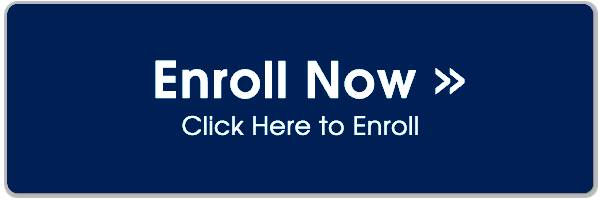Program Objectives
Participants will be able to:
• Understand physical & chemical principles behind culinary transformations
• Apply controlled heat, pressure, hydration, emulsification & phase manipulation
• Utilize hydrocolloids, gelling agents, enzymes & modern kitchen tech
• Design original progressive dishes based on scientific principles
• Document and standardize molecular recipes (WRID method)
• Integrate sensory design, plating physics, and aroma engineering
• Run controlled experiments and food innovation R&D protocols
Modules & Curriculum
| Module | Length | Description |
|---|
| Principles of Molecular Gastronomy | 2 weeks | History, Ferran Adrià era, scientific foundations |
| Food Chemistry & Biophysics | 4 weeks | Proteins, fats, starches, emulsions, gels, foams |
| Modern Textures & Hydrocolloids | 4 weeks | Agar, alginate, xanthan, methylcellulose, guar, pectin |
| Emulsification & Foam Technology | 2 weeks | Lecithin foams, siphon foams, nitro-infusions |
| Sous-vide & Precision Thermodynamics | 3 weeks | Low-temp science, cooking stability, diffusion control |
| Fermentation & Enzymatic Cuisine | 3 weeks | Koji, lacto-ferment, protease & amylase applications |
| Aroma, Sensory & Plating Systems | 2 weeks | Volatile compounds, aroma capture, plate geometry |
| Advanced Lab & Capstone R&D Menu | 4 weeks | Experimentation, refinement, WRID documentation |
Hands-On Lab Practices
• Spherification: direct & reverse
• Agar & carrageenan gel matrix testing
• Nitro-freezing, cryo-powders, aroma clouds
• Foams: hot/cold, dairy/non-dairy, protein vs hydrocolloid
• Sous-vide infusion & vegetable tissue engineering
• Emulsions & encapsulation (oil-in-water, water-in-oil)
• Acid-base manipulation (citrus caviar, balsamic pearls)
Assessment & Final Project
| Component | % |
|---|
| Weekly lab submissions & reports | 20% |
| Mid-term molecular technique exam | 20% |
| Three R&D molecular dishes | 30% |
| Final 5-course MG menu + presentation | 30% |
Capstone Requirements
✅ R&D documentation logbook
✅ WRID code for each dish
✅ Sensory protocol + plating maps
✅ Ingredient & texture matrix
Required Tools
• Sous-vide circulator
• Siphon + N2 cartridge
• Precision scale (0.01g)
• Water bath / circulator
• Blender, siphon, vacuum machine
• Molecular kit (alginate, agar, lecithin, etc.)
Career Pathways
• Molecular Gastronomy Chef
• Culinary Innovation Lab R&D Specialist
• Fine-Dining & Experimental Cuisine Consultant
• Gastronomy Educator / Culinary Science Trainer
• Food Tech Product Developer
Program Tuition
| Plan | Access | Price |
|---|
| Self-study | LMS + theory + PDFs + quizzes | $480 |
| Guided | Live labs + community + project evaluation | $1,280 |
| Premium | 1–1 mentorship + lab visits + degustation event | $3,500 |
Price adaptable for UAE/EU/Asia regions
Program Includes
• Ingredient & texture reference matrix
• Modern plating & aroma architecture guide
• Experiment templates & lab reports
• Sensory evaluation kit (Hybrid students)
• 3 Guest masterclasses by Michelin/MG innovators
Capstone Dining Experience
“Future Texture Degustation” — 5-Course Menu
Nitro-mist amuse
Warm gel pasta + umami gel center
Reverse-sphere seafood consommé
Koji-aged vegetable steak + foam sauce
Deconstructed frozen perfume dessert
Minor / Micro Program
Title: Molecular Gastronomy Foundations
Duration: 8 weeks | ~40 hours**
Delivery: Online + optional lab day**
| Mode | Price |
|---|
| Online Guided | $350 |
| Hybrid (lab) | $740 |
| Premium | $1,450 |
Modules:
• MG theory basics
• Hydrocolloid fundamentals
• Foam & emulsion practice
• Intro sous-vide
• One signature MG dessert or tasting dish
Badge: Molecular Gastronomy Micro-Specialist
Final Outputs
• 6+ molecular techniques mastered
• Structured WRID molecular recipes
• Photo & video submissions portfolio
• Capstone molecular tasting event (hybrid)
